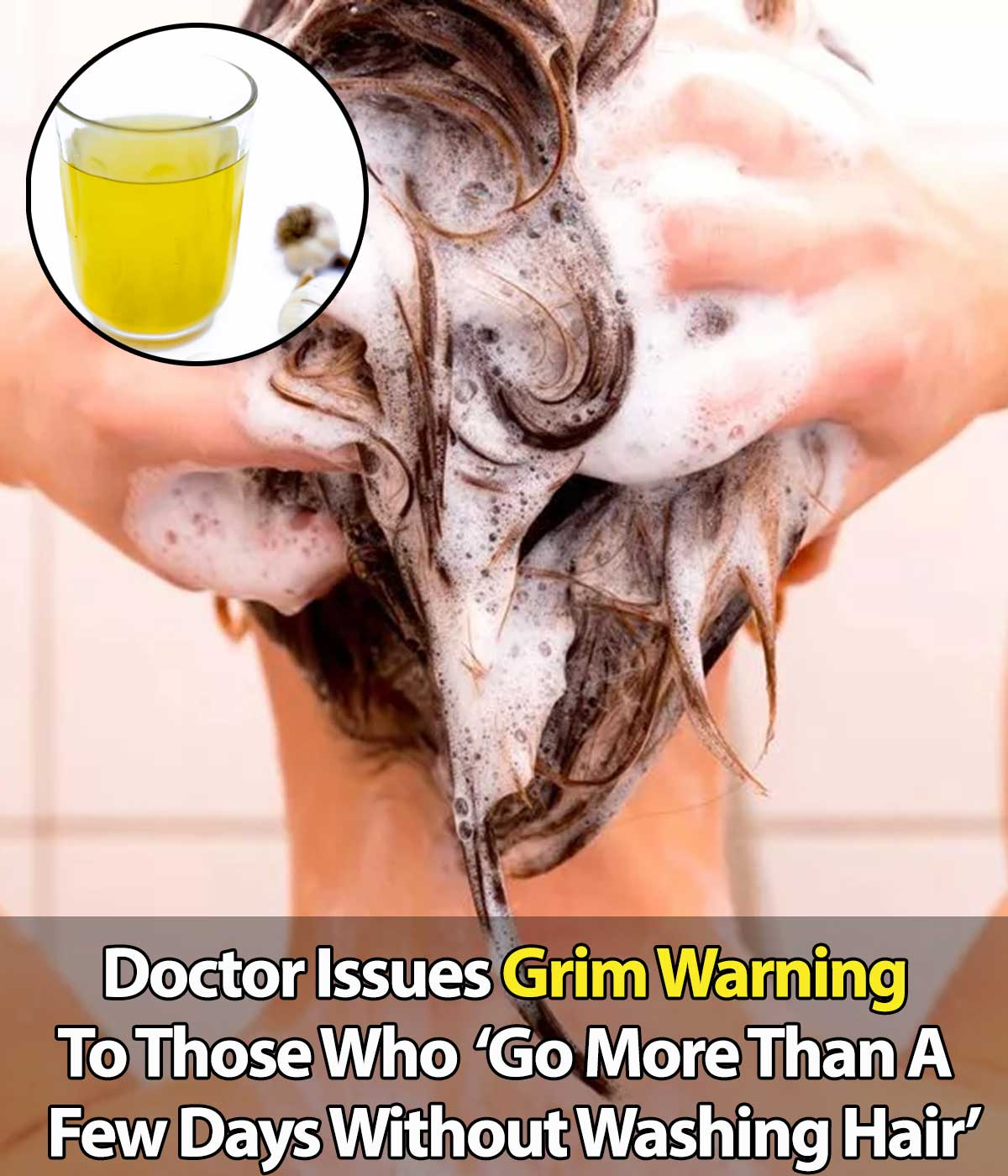Washing your hair is something everyone does regularly. But this common task can become confusing, even daunting, with all of the new products and trends. Each one insists they are “the best way” to care for your hair, and many people seem to agree. Some people swear by washing their hair daily, some shudder at the thought, and some forgo shampoo altogether. It’s time to call in the experts to get a proper answer.
Washing your hair every day

Many people enjoy that freshly clean feeling and feel dirty if they don’t cleanse their hair daily. However, over-washing can disturb the body’s natural balance of healthy oils that keep the hair moisturized. “Washing your hair too often can make the hair dry and brittle and lead to irritation of the scalp,” says Dr. Joshua Zeichner, director of cosmetic and clinical research at Mount Sinai Hospital’s department of Dermatology.
Washing your hair more often

It’s important to note that hair care is also scalp-care. In other words, you need to consider your skin. Board-certified dermatologist Dr. Jenny Liu explained on TikTok that you should “never go more than a few days” without washing your hair. This opposes the idea that people should cleanse their hair less to ‘train’ it not to get greasy. In fact, the theory that the hair and scalp cleans themselves is just a myth.
“We know that sebum, dead skin build-up, all of that basically contributes to Malassezia yeast overgrowth [a fungal skin condition], that can lead to dandruff, as well as inflammation,” she said. “Just even sebum itself sitting on our scalp causes oxidative stress, and that inflammation is not a healthy environment for your hair to grow.” Therefore, she advises people struggling with hair loss to “keep up with your scalp health to maximize hair growth”.
Washing your hair less often

Perry Romanowski, a cosmetic chemist who co-founded the website The Beauty Brains, explains that wet hair swells up and becomes more prone to damage. “The process of moving shampoo or conditioner around in your hair can damage the hair cuticle (the outer layer). When the hair dries, it doesn’t lay perfectly flat, so that makes hair look dull, makes it harder to comb, and increases the chances of getting split hair.” So it’s better to avoid cleansing your hair too much.
Plus, according to integrative dermatologist Elizabeth Hughes, some people are more vulnerable to this damage than others. “There are some people with really fragile hair that becomes easily damaged with the act of washing. Those people might want to wash their hair every other week,” says Hughes. “There is an enormous range of how often a person might need to wash their hair.”
It depends on the hair

What’s the best way to keep your hair clean? That ultimately depends on you, your lifestyle, your scalp, and your hair. For instance, if someone has an oily scalp or gets sweaty during the day, washing the hair every day or every other day may be the way to go. Meanwhile, people with dry hair may feel better cleansing their hair less frequently. Those with sensitive scalps should take extra care since more washing can irritate their skin.
Many experts have slightly conflicting advice, which makes this topic even more confusing. But if you want some frame of reference, here’s the advice of Kasey Bertucci, hairstylist and co-founder of Salon 120 West in Boston: Those who like more frequent washes should cleanse their hair every two/three days. Those with curly hair and a drier scalp can go five or seven days between washes. And according to the American Academy of Dermatology, people with tight curls or textured hair should wash their hair every other week or no more than once a week. Finding the perfect hair routine will take some trial and error, so don’t be afraid to experiment with different frequencies and different products—or none.
More hair tips

- Olive oil has not been proven to help with moisturizing the scalp, according to Dr. Liu. Instead, use coconut oil to condition the hair and reduce damage.
- Don’t use anti-dandruff shampoo daily because it can dry the scalp and make the hair feel frizzy, said Dr. Liu. Rather, use it two or three times a week and leave it in for five minutes before washing it out.
- Colored hair should be washed less often and with moisturizing, sulfate-free products.
- Thin hair should be cleansed more often and not with products containing certain ingredients like dimethicone.
- Styling products can build up, damage, and irritate the scalp and hair. So if you use these products often, you may need to wash your hair more frequently.
- When you shampoo, focus on the scalp since the ends of the hair will be washed during the rinsing.
- You don’t need much shampoo, just a dollop about the size and volume of a raspberry.
